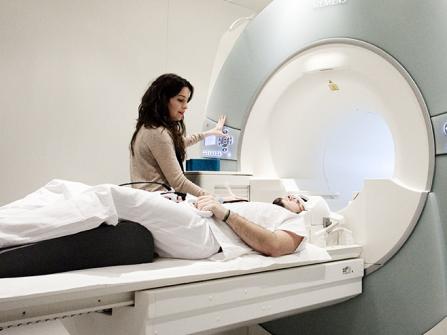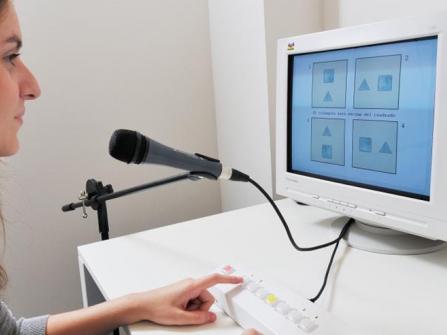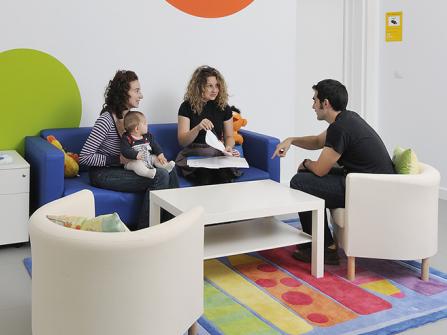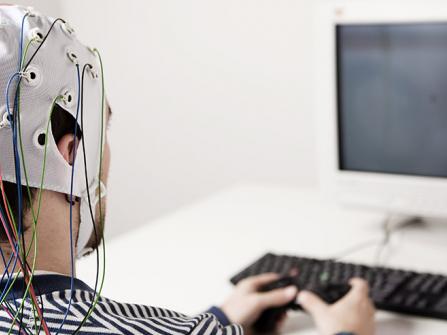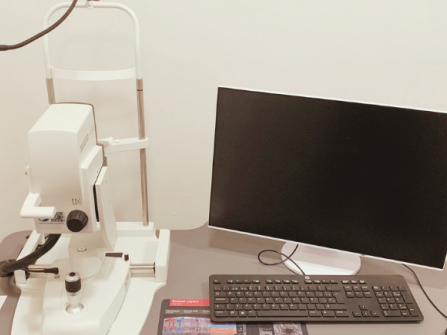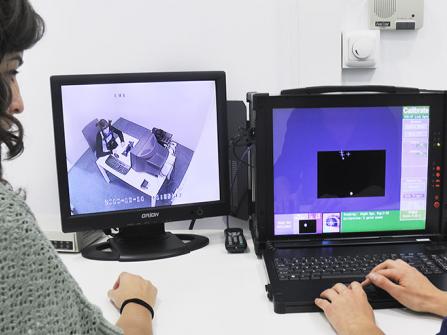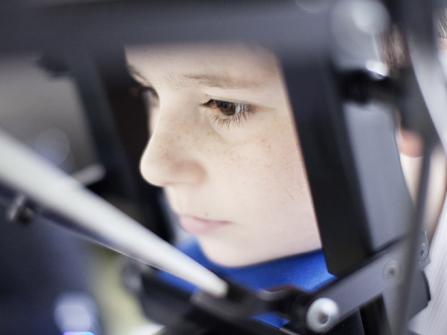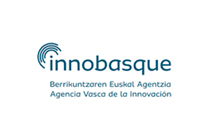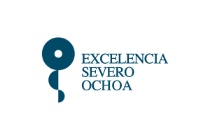 MEG
MEG
Magnetoencephalography (MEG) is a non-invasive method for recording cortical activity which boasts exceptional temporal and fine spatial resolution. It is used to map brain activity by recording magnetic fields produced by the electrical currents neurons generate when they communicate with each other.
Thanks to the excellent temporal and spatial resolution of MEG, we can determine when and where a particular region of the brain has been activated. This is critical for understanding how language abilities are implemented in the brain and the relationships between brain structures and their functions.
The MEG facility at the BCBL hosts a 306-sensor Megin Triux Neo® scanner (204 planar gradiometers and 102 magnetometers; arranged in a helmet configuration), equipped with ARMOR technology for instant recovery. It also has 12 bipolar input channels for registering physiological activity and 12 auxiliary analog input channels. This system allows the presentation of auditory and visual stimuli, and recordings can be performed with the participant sitting or lying down. The MEG device also includes an integrated 128-channel EEG system for simultaneous MEG and EEG recording, which can be acquired at a sampling rate of up to 5 kHz in either AC or DC. Furthermore, this model includes “zero helium boil-off” technology.
The facility at the BCBL includes active shielding to reduce external noise and MaxFilter™ software, which filters artifacts as well as internal and external noise sources. For data analysis, the Triux Neo® includes advanced analysis software, including powerful tools for visualization and source modeling of recorded data.
Usage Charges for External Non-Profit Organizations: 500€/hr. An MEG session is typically 1.5 hours, with a minimum duration of 1 hour. For-profit organizations are charged twice this price. Please contact our Lab if you would like to book an MEG session.
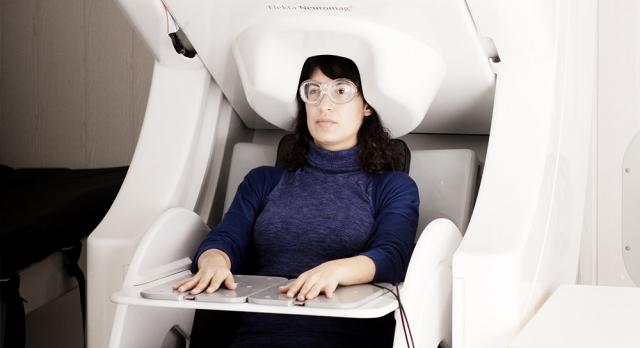
Magnetoencephalography (MEG)
